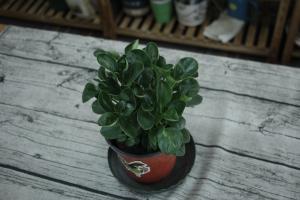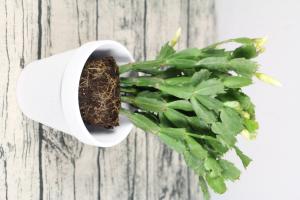Introduction
When it comes to landscaping, choosing the right foundation plants can be crucial. They are the plants that will provide the backbone of your garden, helping to anchor other plants and features. One plant that has gained popularity as a foundation plant is the hydrangea. But are hydrangeas good foundation plants? Let’s explore the pros and cons.
The Pros
There are several reasons why hydrangeas make good foundation plants:
They are easy to care for: Hydrangeas require little attention once planted and can be pruned back in the fall.
They provide color: Hydrangeas come in a variety of colors, making them an ideal choice for adding interest to a foundation plant bed.
They grow well in part shade: Most foundation plantings are located in areas that receive partial shade, making hydrangeas a great choice as they thrive in these conditions.
They are low maintenance: Once established, hydrangeas require very little maintenance, making them a perfect choice for busy homeowners.
The Cons
While hydrangeas have many advantages as foundation plants, there are some downsides to consider:
They can get big: Some hydrangea varieties can grow quite large, which could overwhelm a small foundation planting area.
They require adequate water: Although they are low maintenance, hydrangeas do require regular watering, especially during dry spells.
They may not be suitable for all climates: Hydrangeas prefer a cooler, moister climate and may struggle in areas with hot, dry summers.
They can be prone to disease: Hydrangeas are susceptible to a number of diseases, including leaf spot, powdery mildew, and rust.
Tips for Using Hydrangeas as Foundation Plants
If you do decide to use hydrangeas as foundation plants in your landscaping, here are some tips to help you get the most out of them:
Choose the right variety: There are many different types of hydrangeas available, so it’s important to choose one that is suitable for your climate and the size of your planting bed.
Plant them properly: Hydrangeas prefer well-drained soil that is rich in organic matter. Make sure you plant them at the right depth and add plenty of compost or other organic matter to the soil before planting.
Provide adequate water: As mentioned, hydrangeas require regular watering to thrive. Make sure they receive at least an inch of water per week, especially during dry spells.
Prune them back: In the fall, prune back any dead or damaged branches to help promote healthy growth the following season.
Conclusion
So are hydrangeas good foundation plants? The answer is that it depends on your individual needs and preferences. While they do have some downsides, hydrangeas can be a great choice for adding color and interest to a foundation planting. Just be sure to choose the right variety, plant them properly, and provide adequate water and care.

 how many times do yo...
how many times do yo... how many planted tre...
how many planted tre... how many pine trees ...
how many pine trees ... how many pecan trees...
how many pecan trees... how many plants comp...
how many plants comp... how many plants can ...
how many plants can ... how many plants and ...
how many plants and ... how many pepper plan...
how many pepper plan...































